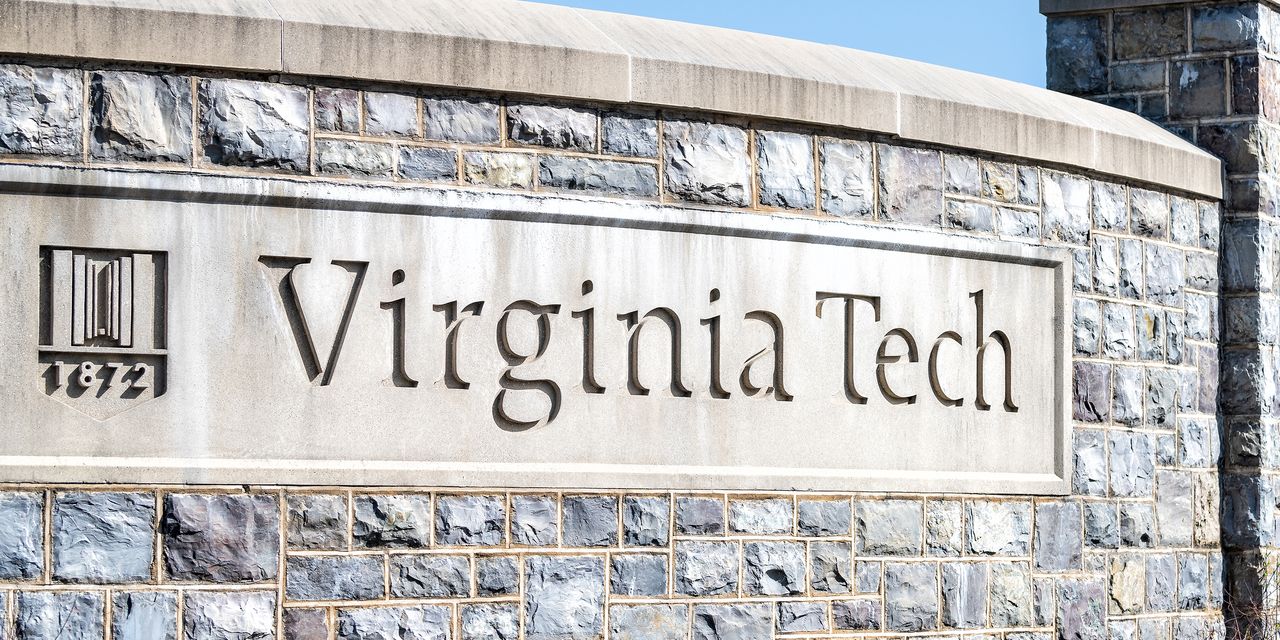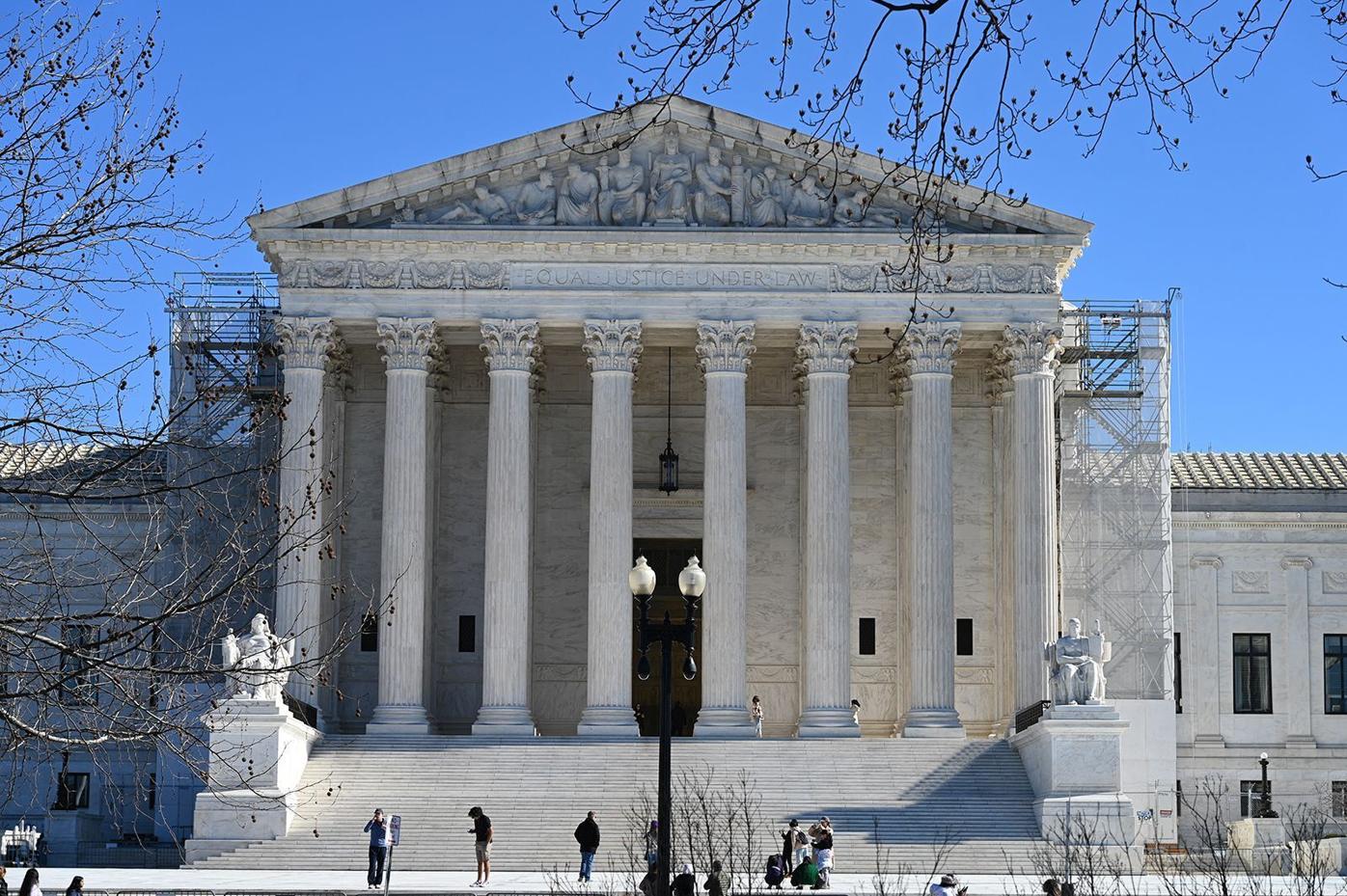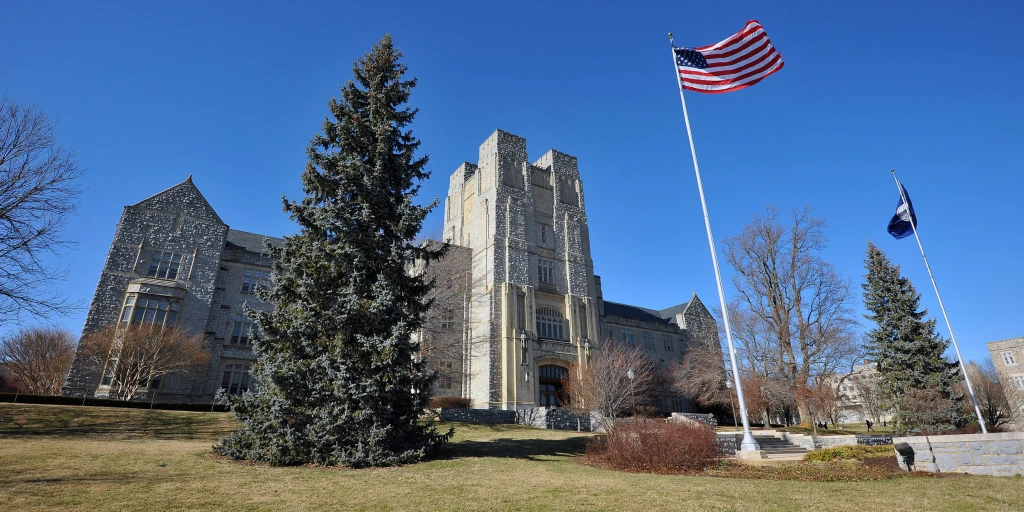The U.S. Supreme Court declined to address a conservative group’s challenge to Virginia Tech University’s bias monitoring policy, ruling the case moot.
The Court invalidated a prior ruling by the 4th U.S. Circuit Court of Appeals, which had refused to block the university’s protocol, citing lack of standing for the suing party, Speech First. The university argued the case was irrelevant as the bias-response system was no longer in effect.

Speech First had contested Virginia Tech’s “Bias Intervention and Response Team” protocol, claiming it infringed upon free speech rights by creating a culture of censorship. The policy categorized bias incidents and allowed anonymous reporting online, leading to reviews by university administrators and the police department.
While the university defended its protocol, asserting it was consistent with the First Amendment, Speech First maintained it stifled dissenting opinions on campus.
The issue underscores the ongoing debate over free speech on college campuses, with differing perspectives on addressing hate speech and ensuring diverse viewpoints.

U.S. District Judge Michael Urbanski previously denied Speech First’s injunction against Virginia Tech’s policy, citing the group’s failure to show its members’ intention to violate the protocol. He noted that the policy did not explicitly prohibit any conduct.
The Supreme Court‘s decision not to engage with the case highlights the complexity of navigating free speech concerns in educational settings, particularly in an era of heightened cultural tensions.





